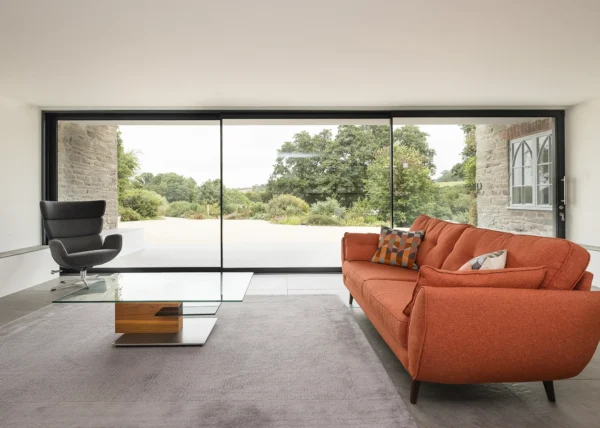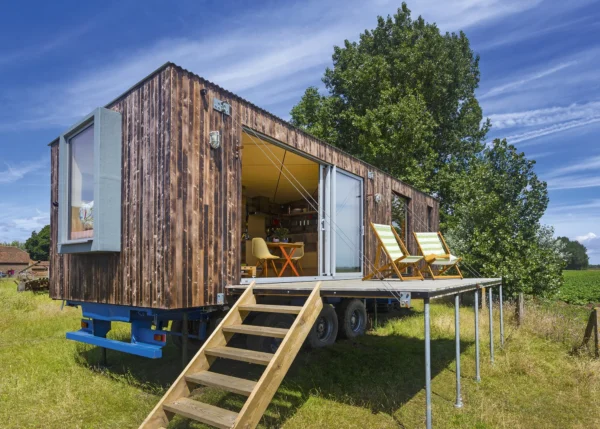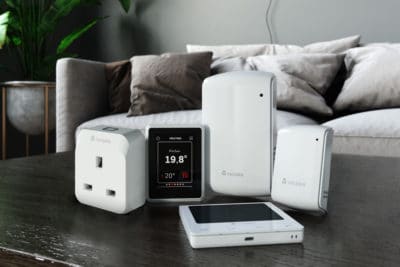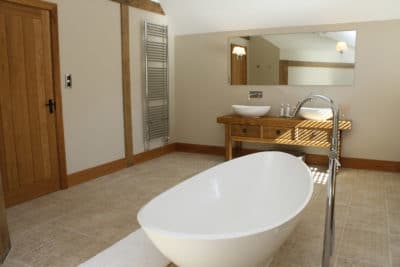How to Plan a Smart Home
At what stage would you normally get involved with a project?
We want people to get in touch with us as early as possible. Depending on the size and complexity of the project, we like to be involved while the designer is still carving out the layout.
This will allow us to plan for a plant room – the heart of your smart home. Of course, it is still possible to design in the tech at slightly later stages, but at the point planning permission has been granted, you really should have your smart home specialist on board.
Why should self builders & renovators be thinking about this so early on?
If you have smart tech in your mind from the start, you can plan a more seamless home. Think about automated blinds for large bifold doors, for instance. If you want these recessed and hidden so as not to spoil the view out, you’ll need to factor that in at the design stage.
Leave it to the last minute, and you’ll end up with blinds mounted front and centre on the walls, interrupting that all-important vista.
Need expert advice on smart home tech options?Talk to industry experts about your plans and learn from their years of experience at Build It Live. Watch live presentations on a variety of self build and renovation topics, browse thousands of home technology products and get your specific questions answered. Build It Live takes place three times a year in Kent, Oxfordshire and Exeter. The next show will be on 8th and 9th June 2024, in Bicester, Oxfordshire. Claim a pair of free tickets today and start planning your visit. |
Learn more: Fully Integrated Smart Home
Another key consideration is your budget. Some people plan every detail of their project but leave smart home tech to the end, and are surprised when they can’t afford what they want.
If you discuss this element at an earlier stage, you can make sure you have enough room in the budget to account for the technology you want to specify.
You also need to plan early to make sure all the right wires go in. To ensure a successful smart home, you and your electrical contractor should discuss the cost of installing the right cabling, the level of wiring and where it will all run.
For example, a standard home might not have wiring around the windows, but if you want to incorporate smart blinds, that’s exactly where you’ll have it! A good company can advise the right spec in terms of cabling.
How would you go about designing a system that works for the user?
First, we have a needs assessment meeting. We’ll take a look at how many people are in the family, plus any planned changes to that number. We’ll consider how they each listen to music or watch TV, how important security is and what kind of heating or lighting controls they might need.
For example, we could separate out the floor, wall and ceiling lights so that these are all controlled as unique entities. Or we can unify them so that you can switch them all on/off with one button. It completely depends on what the user would find most functional. Your working from home requirements are another big aspect to consider, especially in the current climate.

This renovation project features home automation by Link It Solutions
We then put together a solution based on the user’s current and future requirements. For example, young children may be happy to listen to whatever music mum and dad play now, but when they become teenagers, that’s unlikely to still be the case!
We’ll then send over the design and discuss any amendments together. Once the different zones and systems have been finalised, we’ll finetune it before we build, test and install the system. We also provide ongoing support, maintenance and updates.
What should people expect to spend on their smart home?
If a self builder comes armed with a budget in mind, we can steer them in the right direction to meet their requirements within their means. As a general idea, a basic smart home for a 4-bed family home would start from around £15,000, plus the cabling and fittings.
Really, it comes down to individual requirements. Some users might want a 4K television in every bedroom and reception room, where others would be perfectly happy with standard HD in their two living spaces.
The specification of your devices and level of control over each aspect will determine the final total cost.
What do self builders & renovators tend to miss when planning a smart home?
The internet connection! You might get a decent broadband speed, but this needs to be distributed properly. We run wires strategically through the property so that we can place access points to elevate your WiFi.
We also recommend hardwiring anything with a network port, such as your smart TV. This frees up your WiFi connection to perform better for any wireless-only devices, like phones and tablets.
Learn more: How to Choose a Smart Home System
Thinking about expansion, too. Don’t have the budget to install speakers in every room just yet? We can wire up the rooms wherever you might need them in future and, when you have funds available later on, we can install the speakers then.
Problems arise when you haven’t planned for your future needs like this. It’s very costly to rip out your decorated walls in order to add more cabling. This is where you might end up compromising with a less cohesive wireless solution.
It’s also important to choose a smart home specialist that you get on with. They’ll likely be in your life for a long time providing support and upgrades – I work with clients for an average of 10 years!
For more information visit Link It Solutions
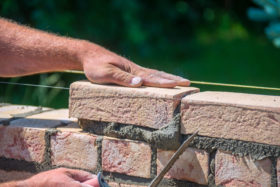



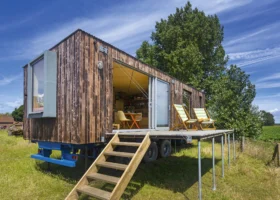
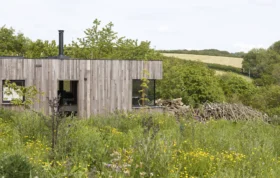
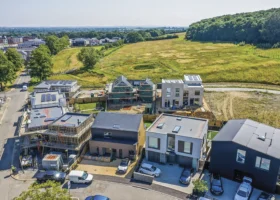
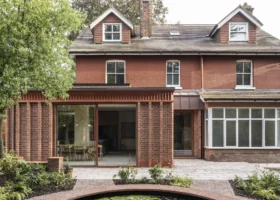
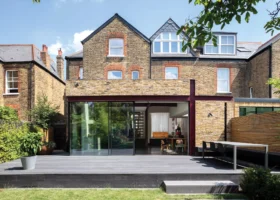
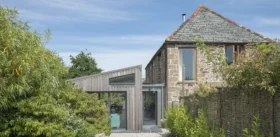


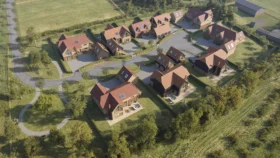
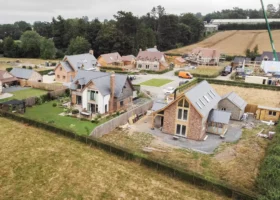

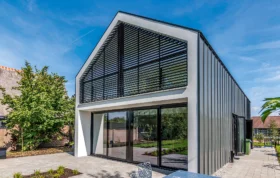

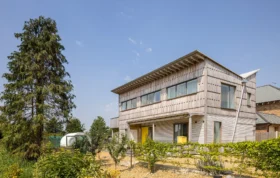
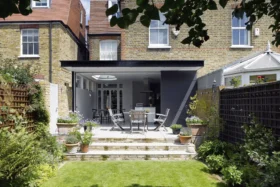
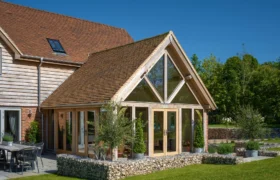
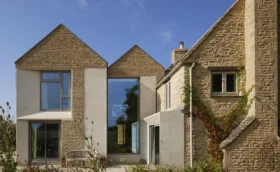
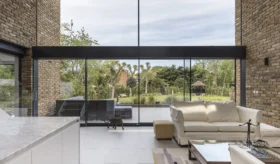
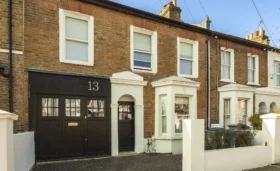
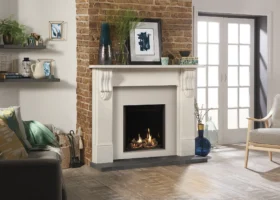

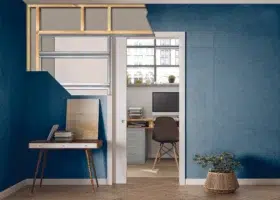








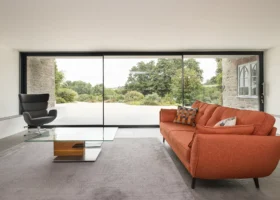

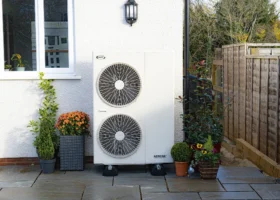

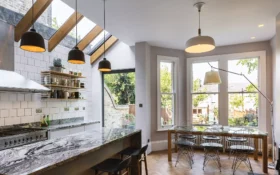


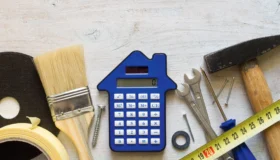
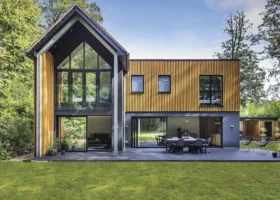
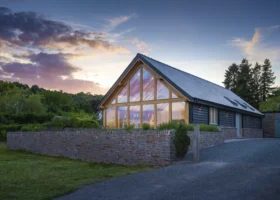
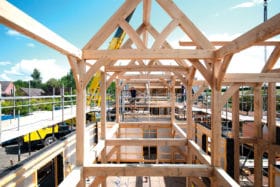
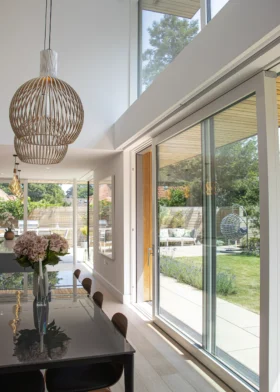
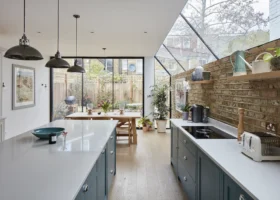

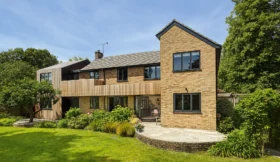
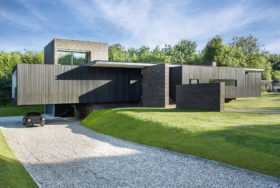
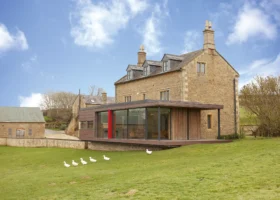
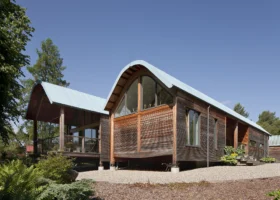

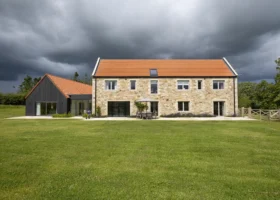
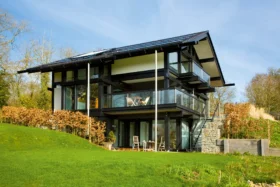



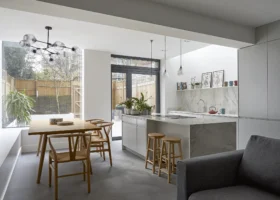

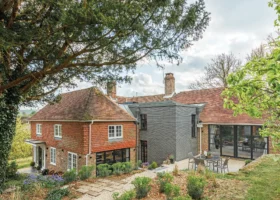
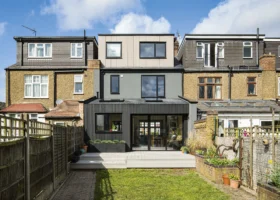
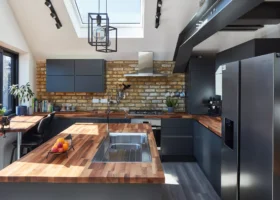
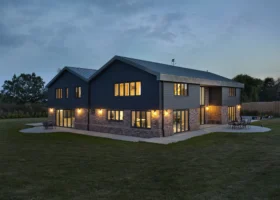
















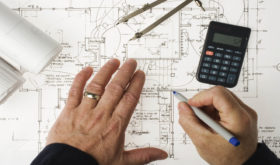





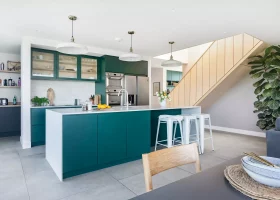






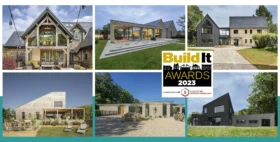


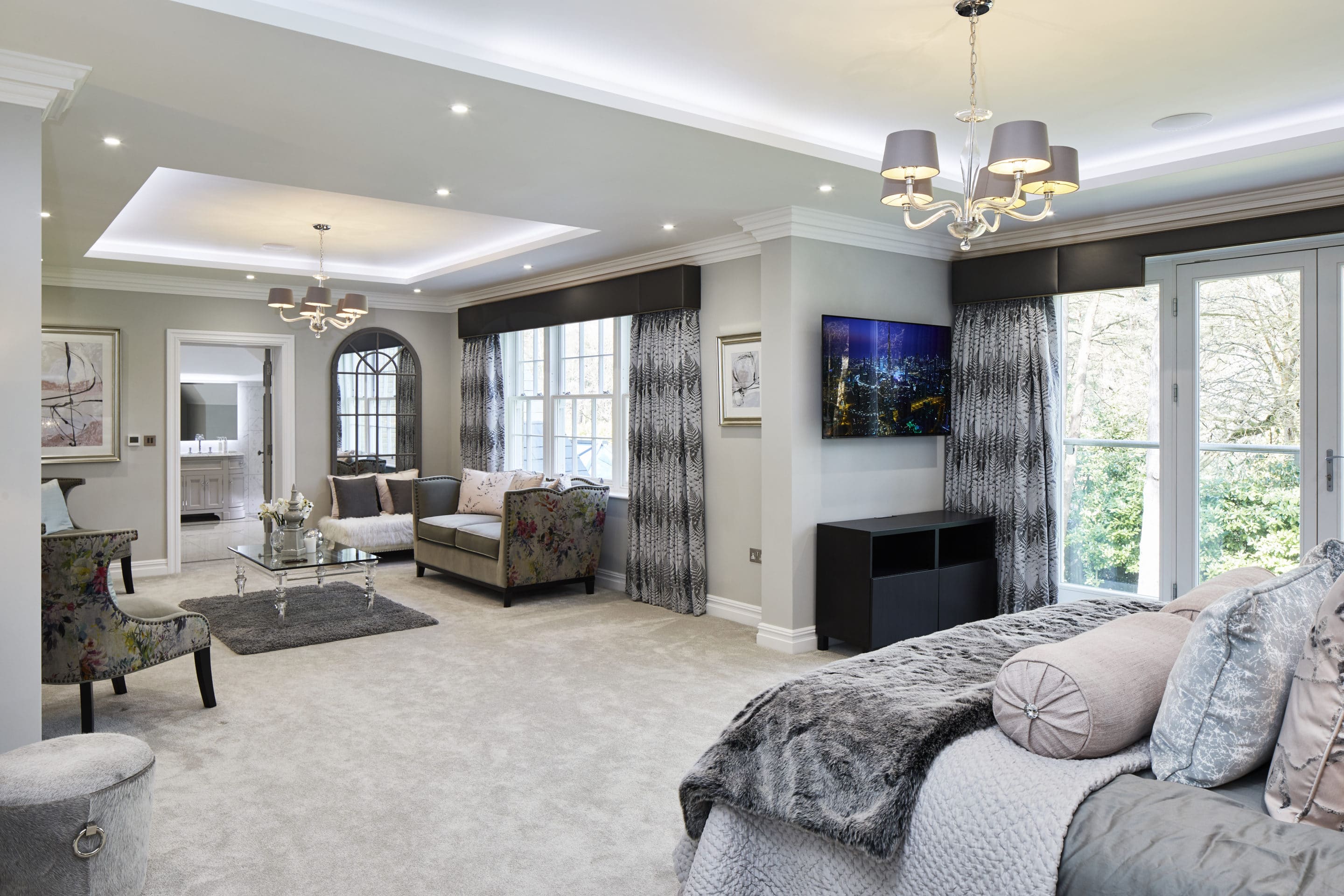
 Login/register to save Article for later
Login/register to save Article for later

